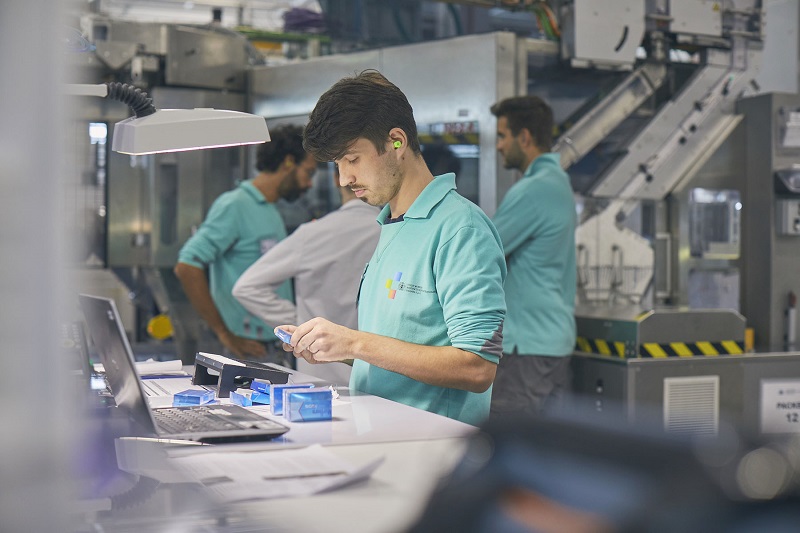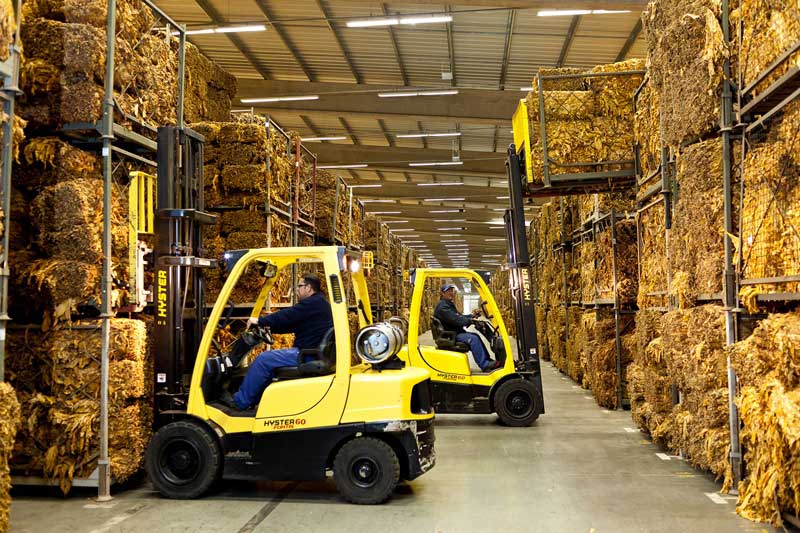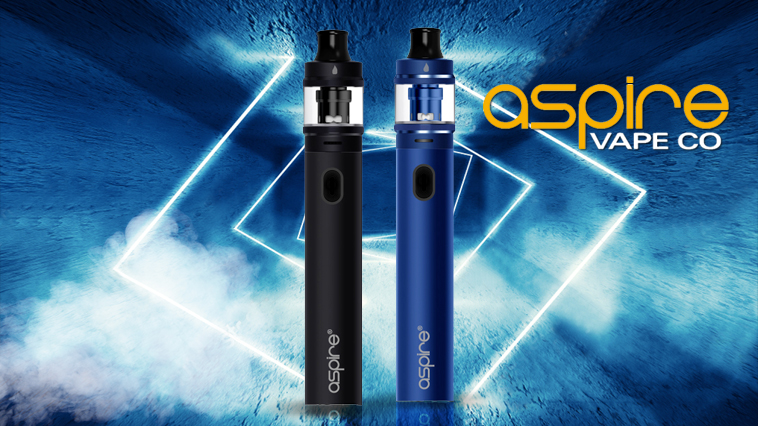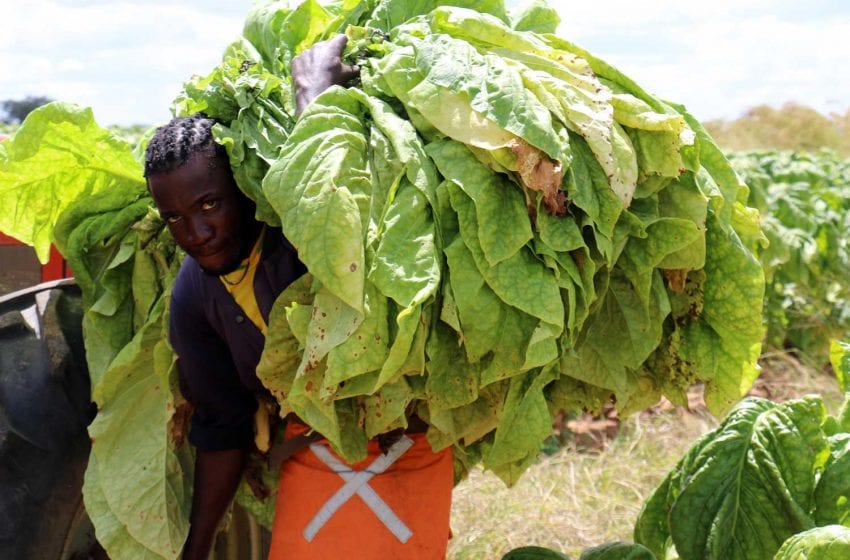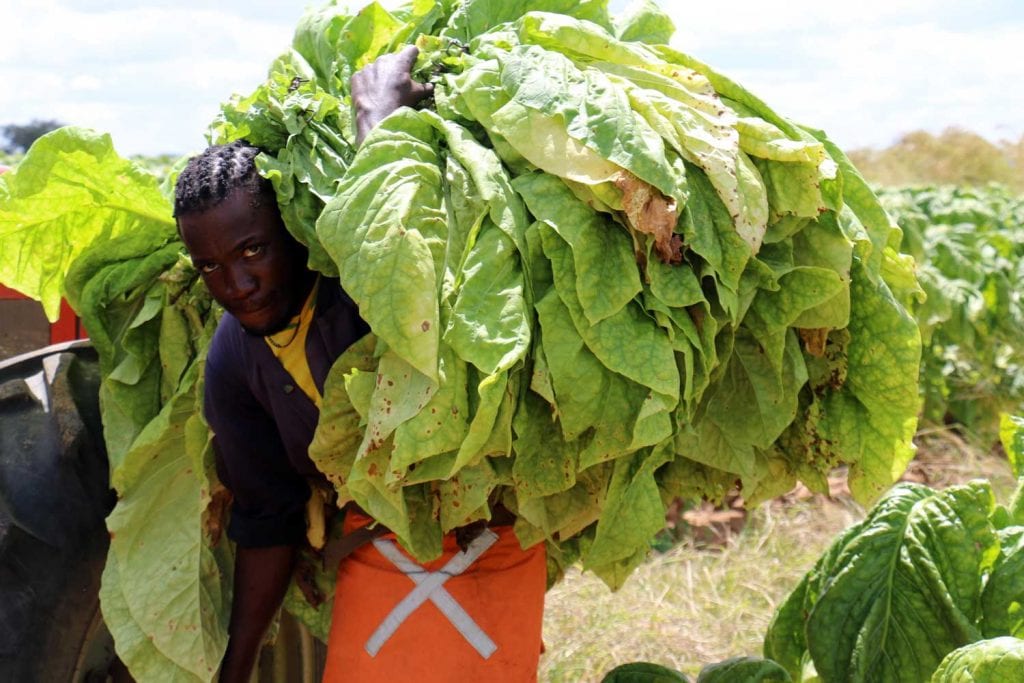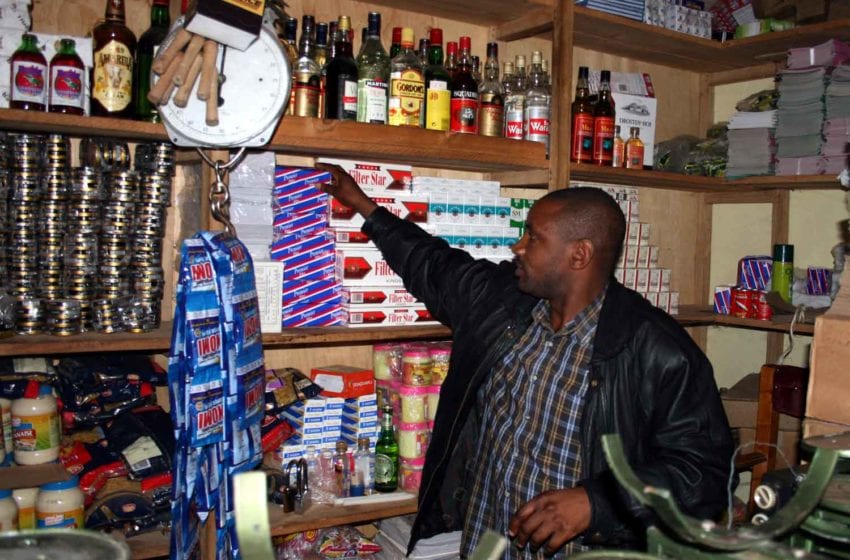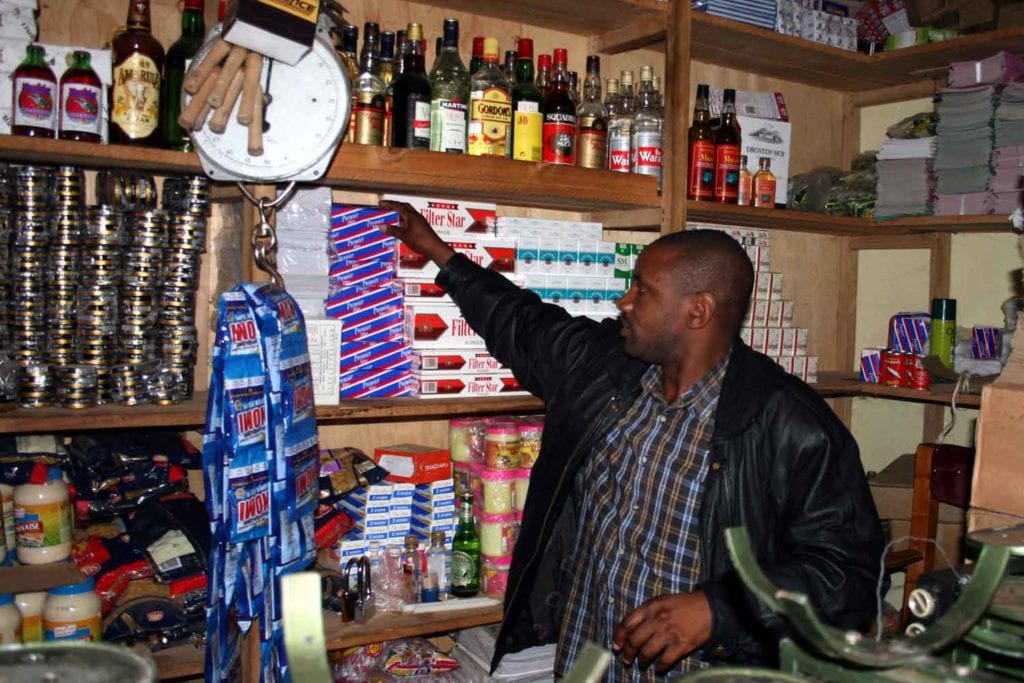
The town of Brookline, Massachusetts, will prohibit the sale of all tobacco-related products to anybody born after Jan. 1, 2000, reports Filter. The restriction, the first of its kind in the United States, is designed to prevent future generations from using not only tobacco but also nicotine.
The law also prohibits individuals and companies from selling vapor products to anyone in that age category.
In November 2020, Brookline officials voted overwhelmingly for the “first-in-the-nation tobacco-free generation,” paving the way for the current ban. On July 19, Massachusetts Attorney General Maura Healey confirmed that the measure did not interfere with any state laws or the constitution of the Commonwealth of Massachusetts, ensuring its legality.
Public health groups lauded Brookline’s decision, which they view as a potential model for others to follow.
“In addition to preventing a new generation from being addicted to nicotine—and facing the long-term health issues that come with it—Brookline citizens who smoke will be further motivated to quit as smoking becomes rarer around them,” said Lauren Huber, the executive director of Action on Smoking and Health (ASH), in a statement.
Harm reduction proponents, by contrast, lambasted the idea. “Not only will enforcement of this become a nightmare, but it continues to push prohibitionist policies that inevitably send people to underground, unregulated markets,” said Matt Sutton, the director of media relations for the Drug Policy Alliance.
“The whole measure is ridiculous, especially if you imagine how it will function in 2030 or 2040,” echoed Clive Bates, a tobacco control expert and former director of ASH (U.K.). “It infantilizes adults, sets up illegal trade between older and younger age groups, and ultimately aims at creeping prohibition, with all the crime and abuse that will bring.”
Brookline has a history of aggressive tobacco control. The suburb was an early adopter of indoor smoking bans, raised the legal age to purchase tobacco to 21 in 2014 and capped the number of tobacco licenses for retailers in the market. In the spring of 2019, Brookline banned the sale of flavored tobacco and vaping products, including menthol. Six months later, Massachusetts passed the same kind of flavor ban statewide.




